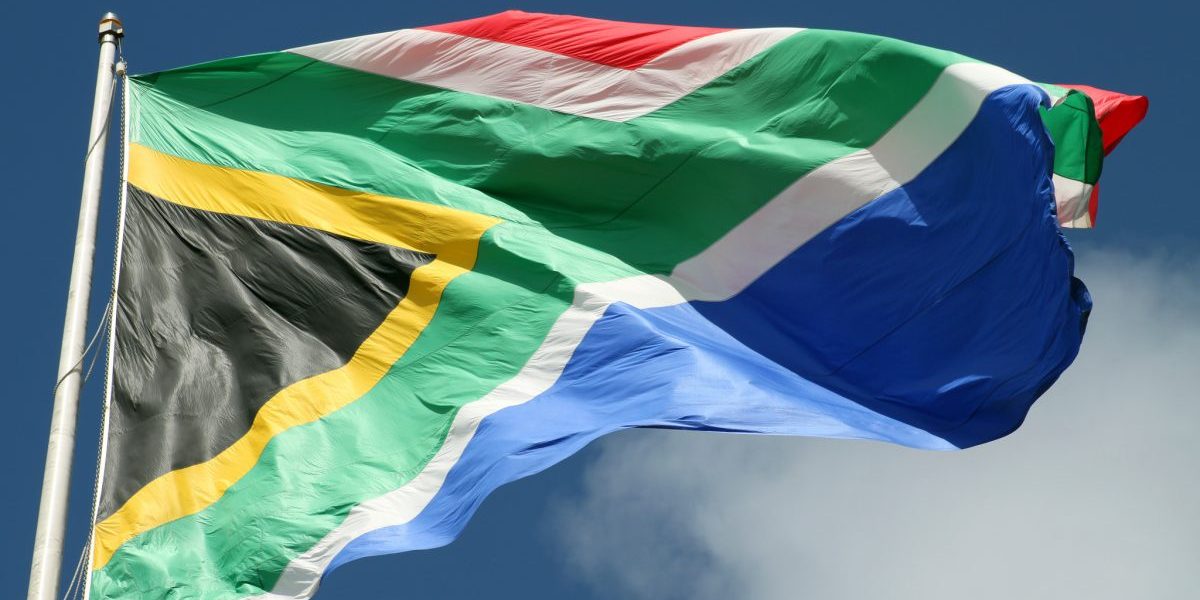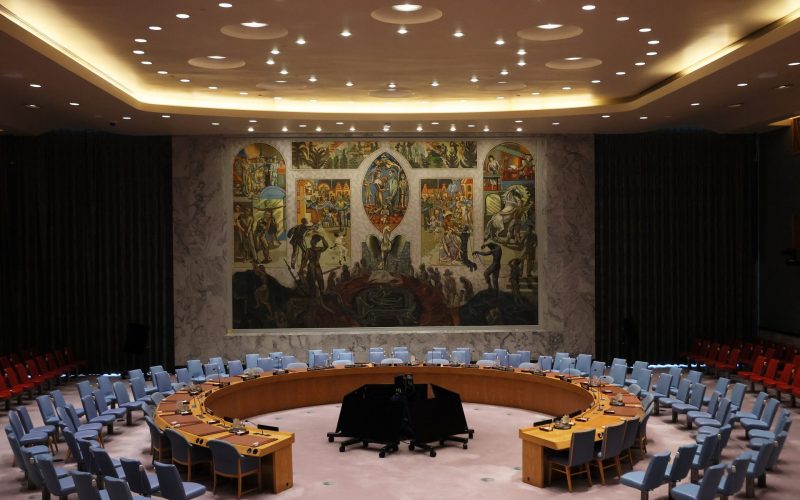In preparing my thoughts for tonight’s event I have reflected on my country and its world over the last 75 years. I have adapted my title: that is South Africa (and the world’s) second dance of freedom from the title of Martin Meredith’s book The First Dance of Freedom. This book surveys the progress of Black Africa in the post war period. Meredith in turn takes his title from a most intriguing quote from Byron, penned in 1821. Listen to the words of this English romantic poet:
“I sometimes wish I was the Owner of Africa; to do at once, what Wilberforce will do in time, that is sweep Slavery from her desarts, and look on upon the first dance of their Freedom.”
This astonishingly patronising and arrogant quotation led me to consider what had been the relationship of my country, my continent and my world over these last 75 years.
With the freedom of the after dinner speaker is seemed to me that this 75 years had seen two major shifts in mankind’s centre of gravity; and that we were in the middle of a third.
The first shift, it seems to me, is the end of a Euro centric period of history, and with it the end of Empire. It involved the dismantling of the Imperial Concert of Europe, a convenient conference of European Imperial Powers combining to extend Europe’s influence around the world, and from time contesting the leadership of this lead continent through wars. The shift involved the rise of the nation state (replacing imperial rule); the gradual spread of democracy; and critically the rise of the United States of America. This was shift that occurred over several decades, and cannot be confined to any single event.
What role did South Africa play in this great shift? A surprisingly large one, it seems to me. Surely the beginning of the demise of the British Empire can be traced to the Anglo Boer War. And South Africa played a leading role in the conversion of Empire to a Commonwealth of equally sovereign nation states. And towering over this South Africa role is the role of great South African: Jan Smuts. This man played a leading role in world affairs for half a century. He is the only national leader to sign both the League of Nations and the United Nations, where he also penned the Preamble. He is the only non-British person to be acting Prime Minister of England. In Roy Jenkins’s biography of Winston Churchill he is identified as Churchill’s closest friend. To my knowledge he is the only non-Brit to be Chancellor of Cambridge University.
Smuts is of course both a heroic and also a tragic figure. A leader of consummate and unequalled influence abroad, at home, as Bernard Friedman’s biography notes, he failed to address himself effectively or honestly to the only question that really mattered both at and after South Africa union: in the language of the day “the Native question.” Imagine if South Africa, from 1910, had indeed followed a pattern of the progressive enfranchisement of its whole population, similar to Britain from 1832. The template existed in two of the four territories brought together to “make” South Africa in 1910.
This failure was compounded by Smuts failure to use his well-developed negotiating skills to engage the leadership of the African National Congress in 1930 and 1940’s. And the failure was finally sealed by his failure to hold onto power in the 1948 election. A continued United Party government; Smuts succeeded by Hofmeyer; and the implementation of the proposals, imperfect as they were, of the Fagan Commission could have seen the processes of change which began in 1970’s commence in the 1950’s; with perhaps much of the evil deeds of those intervening decades omitted.
Whilst idling on this historical imagining, let us consider an even broader what if? What if the British Empire had extended its own experience of justice of freedom, of the rule of law and government by and for the people, to all of its colonies, and not just those where the overwhelming majority of the population was white? What if Nigeria and Ghana and South Africa, and the then Rhodesia had been able to enjoy the benefits of the Magna Charta and the Rule of Law, and the progressive extension of both representative government, and a broad enfranchisement of people. The British Liberal Party hesitatingly advocated this line of thinking, but fell from power and influence dramatically and decisively after the First World War.
What then of the second major shift? Well this involves the end of the Cold War, the collapse of the Berlin Wall, and China’s enthusiastic, dramatic and almost instant embrace of market economics.
Here two South Africa was a prominent part of this story. The collapse of the Berlin Wall occurred almost simultaneously with the end of Apartheid. Once again a towering South African leader was everywhere associated with the dramatic spread of Freedom. This leader is of course Nelson Mandela. How appropriate therefore that the only non-British individuals with statues in London’s Parliament square are Smuts and Mandela.
And are we in the middle of a third great shift? The end of an era where Anglo Saxon conceptions of economic and political order went unchallenged, and where the United States of America was the agenda setter in economic, politics, and popular culture? And if so where is our leader of global stature to guide our country through this new and uncertain period of world history?
This brings me to the single conviction I want to offer you tonight. It is that South African citizens must reject a future in which their role is to wait for some new Smuts or some new Mandela. Of course we as citizens must expect much from those who lead and govern us. We have a brand new government and a brand new President. The words offered us by our new leaders are encouraging. The speak of integrity, respect for the rule of law, making space for both diversity and dissent, and most of all of a government which understands it is their to serve, and promises to be on shift, at work and ready to do what it has promised.
We need a robust politics, which include more and more competitive elections; feistily independent courts; an irreverent and critical media; and a civil society renewed in confidence and assertiveness.
More than anything else however we need citizens determined also to take charge of their own destiny. Breadwinners determined not to wait for others to “create” jobs for them, but energetic and innovative in finding ways to make money and be economically active. Parents who will appoint themselves their own inspectors of education, ensuring that at least at the school that holds the future of their own children in its hands, teachers are in their classrooms, on time and teaching each and every school day. Adults and sexually active adolescents who take charge of their own health in particular with regard to AIDS. Householders who appoint themselves their own Minister of Finance, recognizing the essential role of saving, and the dangers of excessive debt.
My long-term trade union negotiating partner, and now very good friend James Motlatsi and I have written a little book about this kind of citizenry. This book offers itself as a modest toolkit for what citizens can do to secure a better life for themselves in regard to crime, work, money, debt, education, AIDS, the environment and family.
I want to stress again this book is NOT a flight from the need for better politics, better politicians and good governance. All citizens need to use their politic rights to demand and obtain a government that truly serves them. What our country (and indeed our world) needs now is BOTH good government AND a citizenry really deserving of this. Indeed there is an intimate and vital connection between good governance and active citizenry. Good citizens are the absolutely necessary, though never sufficient condition for good governance.
South Africa remains a nation under construction. It will remain so: fragile and always in danger of fragmentation, division and violent conflict until its 48 million people develop a common sense of their national identity. For now many white South Africans identify comfortably with the label ‘South African’. In contrast many black South Africans identify more with the label ‘African’. To create a society where each group is equally comfortable with each label we need ordinary people to move out of their racial ghettoes, and to live (at least a little) beyond their tribe. If this broader South Africanism does not become part of the lived experience of ordinary people, it will never be more than a deceptive promise in our national politics.
In history there has been a long debate as to whether the focus of historians should more properly be on “great men”, or as German playwright Bertolt Brecht argued, on “Napoleon’s Butler”. Let me conclude by reminding you of an event in history, which well illustrates that, both great men and women and courageous, active, independent people are needed to make great history.
The event is the miraculous evacuation of the British Expeditionary Force from the beaches of Dunkirk. Defeated in the battle theatre of continental Europe, Britain’s political and military leadership had resigned themselves to the overwhelming loss of some 350,000 men in arms. This defeat would surely have been a decisive turning point in the Second World War. In its anticipation a large part of the British Government favoured a negotiated settlement with Hitler. England’s King favoured such an outcome, as did the established leadership of the Tory Party. Such a settlement of course would have been surrender.
However in ways still unclear rank and file Englishmen thought differently. An armada of small boats succeeded in bringing home the vast majority of this army. This made possible Winston Churchill’s accession to leadership, and Hitler’s eventual defeat.
South Africa faces many challenges at least as perilous and demanding as Britain faced in 1940. To meet these challenges we need the armada of little people, creating the space and giving meaning to the leadership of great men and women.
I hope (and believe) that our people are ready for this challenge.








